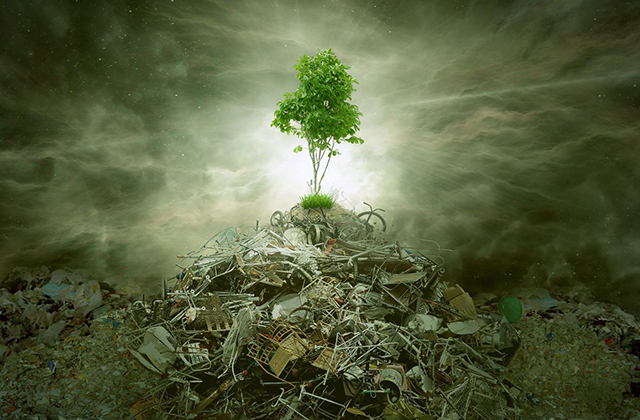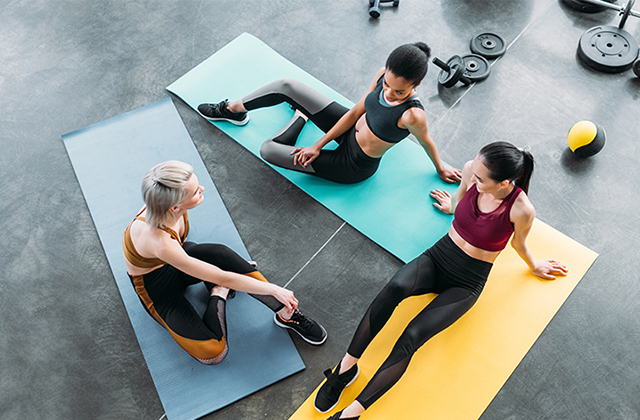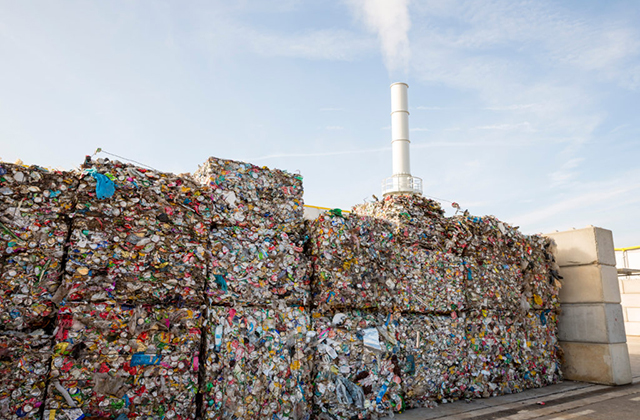Chemical waste disposal can be hard enough as it is but it is not your job to collect it that is why we have a waste disposal Sydney in our country. Checked into your local recycling centers lately? Chances are you have more ways to go green and reduce your rubbish than you realize. Local recycling practices vary by area, but there are some universal Yes’s and No’s:
Paper: YES
Mail, office and school papers along with envelopes with windows are ok. Newspaper, ad inserts, magazines, catalogs and phone books are also great candidates for a recycling program once they are free from any plastic covers.
Purging your old files and uncluttering? Keep it green! If your items are shredded, your local pickup person AND your neighbors will appreciate the shreds in a paper bag stapled shut.
Cardboard is another big recycling item. You can even put in light weight cardboard such as dry food boxes such as those that hold cereal, cake mix, cracker or pasta. A good rule of thumb, if it’s a box that can go into a dry storage pantry, most likely it can be recycled.
WATCH FOR: Pop or Beverage can cartons, pizza boxes, egg cartons, refrigerated or frozen food boxes. These boxes are normally not handled by your local facility as they carry different printing or materials to contain food and may need to be included in your normal garbage waste. Check with your local provider.
Bottles, Jars, Cans: YES
Many bottles, jars or cans can be recycled, but this is where you really need to know your numbers. Just because the symbol is on the bottom of the container, doesn’t mean it can actually be recycled. It does signal what the items is made from and can identify if your items can go in the local recycling bin. As with all items, some may not be handled by your facility depending upon the type. Check with your local collector for more information.
WATCH FOR – Plastic: Plastics are forever, and currently most recyclers only collect plastic with numbers one (#1) and two (#2). Those plastics are things like water bottles, milk and juice jugs and even your laundry detergent containers. Most plastic items that have a handle, twist-top or you can pour with is recyclable.
- #1 – PET or PETE – SAFE – RECYCLABLE (Polyethylene terephthalate)
- #2 – HDPE – SAFE – RECYCLABLE (high-density polyethylene)
Plastics with numbers three (#3) – six (#6) right now are ending up in landfills for most areas. Why? Most recycled products currently only use the first two types, #1 and #2. With very few end markets, most of those plastics have no destination currently. Plastics three through six would be things like plastic food wrap, grocery bags, plastic food containers with lids and yogurt containers. In most areas, these items should be in your regular garbage waste. Containers that held hazardous substances like motor oil for example, should be disposed of at your local hazardous waste collection site.
- #3 – VINYL or PVC – AVOID BUYING, NOT RECYCLABLE in most areas (polyvinyl chloride)
- #4 – LDPE – SAFE – RECYCLABLE: Accepted at plastic bag recycling centers and drop stations (low-density polyethylene)
- #5 – PP – SAFE – RECYCLABLE: Check with your local recycling program (low-density polyethylene)
- #6 – PS – AVOID BUYING, NOT RECYCLABLE in most areas: Check with your local recycling program (polystyrene)
Plastic number seven (#7) is also in the market place and can be tricky to understand because it can be used with two different types of materials. Most are a composite plastic that is used to make those reusable hard plastic water bottles, baby bottles and sip cups. This item is not recycled primarily because of a health concern when heating the item. Apparently the chemical Bisphenol A, a low-level estrogen, can be exposed when the item is scratched or heated and can contaminate our food or drink. The biggest concern is exposure for women who are pregnant and children in their first few years which are unfortunate due the high use of the durable hard product in those markets. If using these items, glass or stainless steel may be an alternative worth looking at.
- #7 – PC – AVOID BUYING, NOT RECYCLABLE & QUESTIONABLE: Hard composite plastic. (Miscellaneous)
- #7 – PLA – SAFE, NOT RECYCLABLE but can be composted (polyactide, made from renewable plant resources)
GLASS Jars & Bottles: YES
Nearly ALL glass jars and bottles are accepted at recycling centers in the US. Broken glass, light bulbs or window panes are the only concerns for area recyclers for obvious safety reasons. Simply remove all lids and caps and rinse well so that the recycling centers can easily process them through their systems without a mess and machine damage.
Metal Cans & Aluminum Foil: YES
We all have those cans of soup, beans, or pop that sit around and remind us to recycle. What holds us back? Rinsing them out most likely or having just a single can to in your bin. Let me tell you now – one DOES make a difference and when you are actively recycling other items, one doesn’t seem like a lonely number.
WATCH OUT: Aerosol cans are not included in recycled materials.
Batteries: YES- In some areas.
Batteries can be recycled, but some areas do not have local pick up that includes those items. This is where your local stores that sell electronics come into play. Did you know that they usually have recycling centers for batteries, cell phones and other small items right inside their store doors? Check it out next time you are there. Until then, here are some steps to follow:
- Lithium ion batteries should have their ends taped to prevent fire and placed in a bag.
- Alkaline batteries should be in a clear plastic bag just in case they are leaking.
- Rechargeable batteries from small to large cordless tool sizes get old too with time. They need to be recycled as well.
WATCH OUT: Auto Batteries cannot be recycled through regular local drop-offs. These items need to be recycled where you would buy new ones like auto parts, hardware or department stores.
Carrie Barclay is a Professional Marketing, Design and Organization Consultant and the founder of Defined Living — offering “Guides to Organizing your Life, Home & Office!” Visit for organizing products, free tips and advice, online forums and special interest articles such as green living and feng shui. For more information on ways to go green, go to http://www.DefinedLiving.com
If you would like to reprint this article, you may do so as long as you include this full resource box. (Copyright Carrie Barclay)
Article Source: https://EzineArticles.com/expert/Carrie_Barclay/196287
Article Source: http://EzineArticles.com/1115255



